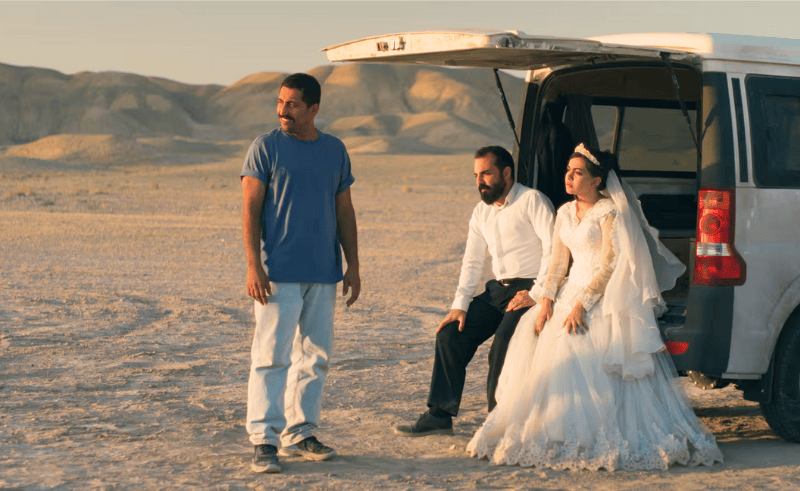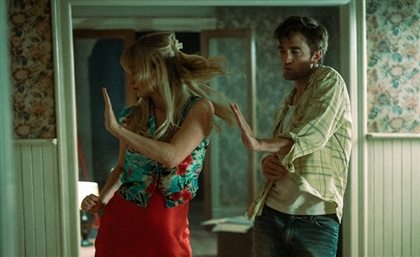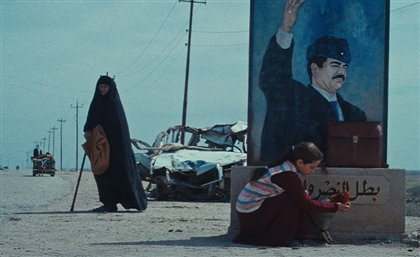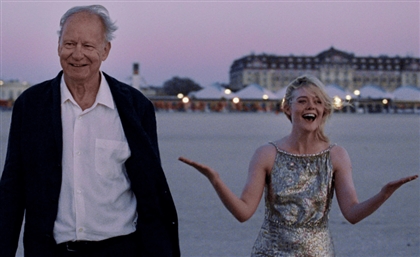Cannes Review: ‘It Was Just An Accident’ Examines Torture
Celebrated Iranian filmmaker Jafar Panahi’s ‘It Was Just An Accident’ is one of the best films of the year.

Jafar Panahi is one of Iran’s most celebrated and defiant filmmakers. He rose to international prominence with his debut feature The White Balloon, which won the Caméra d'Or at Cannes in 1995. From the beginning, his films stood out for their deep empathy for the struggles of ordinary Iranians. Works like The Circle, Offside, and Taxi pushed the boundaries of Iranian cinema with their sharp social commentary. He often likes to blend fiction with a documentary-style of storytelling. But Panahi’s refusal to conform to state expectations has come at a heavy cost.
In 2010, after years of government pressure, he was arrested and handed a six-year prison sentence along with a 20-year ban on filmmaking, interviews, and travel. He was accused of spreading propaganda against the regime. Remarkably, he continued making films in secret and smuggled them out of the country to major festivals. For example, This Is Not a Film (2011) was shot while under house arrest and became a symbol of artistic resistance.-9984891f-ef2e-44e0-8eec-f90a77aacc53.png)
His latest film, It Was Just An Accident, has perhaps the most fascinating premise of Jafar Panahi’s career. What if, on a random ordinary day, you suddenly come face-to-face with the man who tortured you? The man who drove your fiancé to commit suicide? What if he denies who he is? Worse yet. What if he’s now a seemingly gentle man with a family of his own? Panahi spins this ethical dilemma into a gripping psychological thriller that’s as morally complex as it is emotionally shattering.
Yet, even with such a harrowing premise, It Was Just An Accident is surprisingly light-hearted. Panahi infuses the film with deadpan humour that recalls the quirky charm of Little Miss Sunshine. A significant portion of the film takes place in a run-down minibus. More and more people join the ride. We gradually learn that they too were tortured by the same man. To reveal anything more would ruin the film for you. But I will say this, It Was Just An Accident contains perhaps the most perfect ending of any film I’ve seen this year.
 The film makes us question whether we are to blame the individual torturer, or if he is merely a component in a much larger and more insidious machine. Panahi deliberately invited viewers to reflect on Hannah Arendt’s concept of the “banality of evil”. This notion suggests that some of the most horrific acts in history have not been committed by monsters. Rather, they were being committed by ordinary individuals who were simply obeying orders and conforming to oppressive systems.
The film makes us question whether we are to blame the individual torturer, or if he is merely a component in a much larger and more insidious machine. Panahi deliberately invited viewers to reflect on Hannah Arendt’s concept of the “banality of evil”. This notion suggests that some of the most horrific acts in history have not been committed by monsters. Rather, they were being committed by ordinary individuals who were simply obeying orders and conforming to oppressive systems.
Panahi frames the torturer as a husband, a father, and a man performing the mundane rituals of daily life. Can someone be both a loving parent and a former agent of terror? Can humanity and monstrosity co-exist in the same person? The film avoids offering easy answers. Instead, it invites a kind of active spectatorship where audiences must reckon with the discomfort of moral ambiguity. It’s one of the best films of the year.
- Previous Article More Global Stars Join Red Sea Film Festival's “In Conversation”
- Next Article Cannes Review: ‘Sirat’ Is a Journey Through Hell
Trending This Week
-
Dec 04, 2025



























